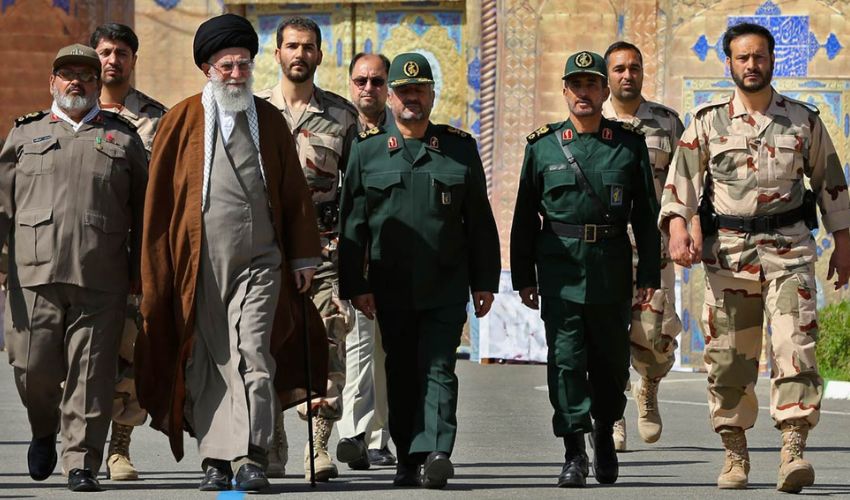Islamabad, Dec 18: Iran’s Revolutionary Guards (IRGC) have significantly increased their influence over the nation’s oil industry, controlling up to half of its exports, which serve as Iran’s primary source of revenue and fund its activities across the Middle East. According to Western officials, security experts, and Iranian insiders, this control spans the entire oil trade process, from operating a covert fleet of tankers for shipping sanctioned oil to managing logistics and running front companies, especially for sales to China.
The IRGC’s role in oil exports has expanded dramatically in recent years, rising from approximately 20% three years ago to an estimated 50%. Despite stringent U.S. sanctions reintroduced in 2018 under former President Donald Trump, Iran still earns over $50 billion annually from oil, sustaining its economy and global financial ties. Experts credit the IRGC’s proficiency in smuggling for this increase, as opposed to the expertise in oil management traditionally held by state-run organizations like the National Iranian Oil Company (NIOC) and its subsidiary, NICO.
This growing dominance reflects the IRGC’s extensive influence in Iran’s economy, military, and politics. The Iranian government directly allocates oil to the IRGC, which markets it through a network of intermediaries, often offering discounts of $1–$2 or as much as $8 per barrel compared to NIOC’s rates, depending on buyers’ risk tolerance. Many buyers are independent Chinese refineries, facilitated by front companies like Haokun, which continues operations despite being sanctioned by the U.S. in 2022.
Documents show transactions involving global banks, such as JP Morgan and Turkey’s Vakif Katilim, prior to sanctions, underscoring the challenges of identifying links to Iran’s shadow trade. The IRGC also relies on a “ghost fleet” of tankers, executing ship-to-ship oil transfers to conceal the crude’s origins.
The revenue generated from these activities not only funds IRGC operations but also supports allied groups such as Hezbollah. Estimates suggest Hezbollah receives $700 million to $1 billion annually, primarily from Iran. The IRGC’s expertise in evading sanctions and maintaining oil exports has allowed Tehran to sustain its economic stability and regional influence despite international pressure.
